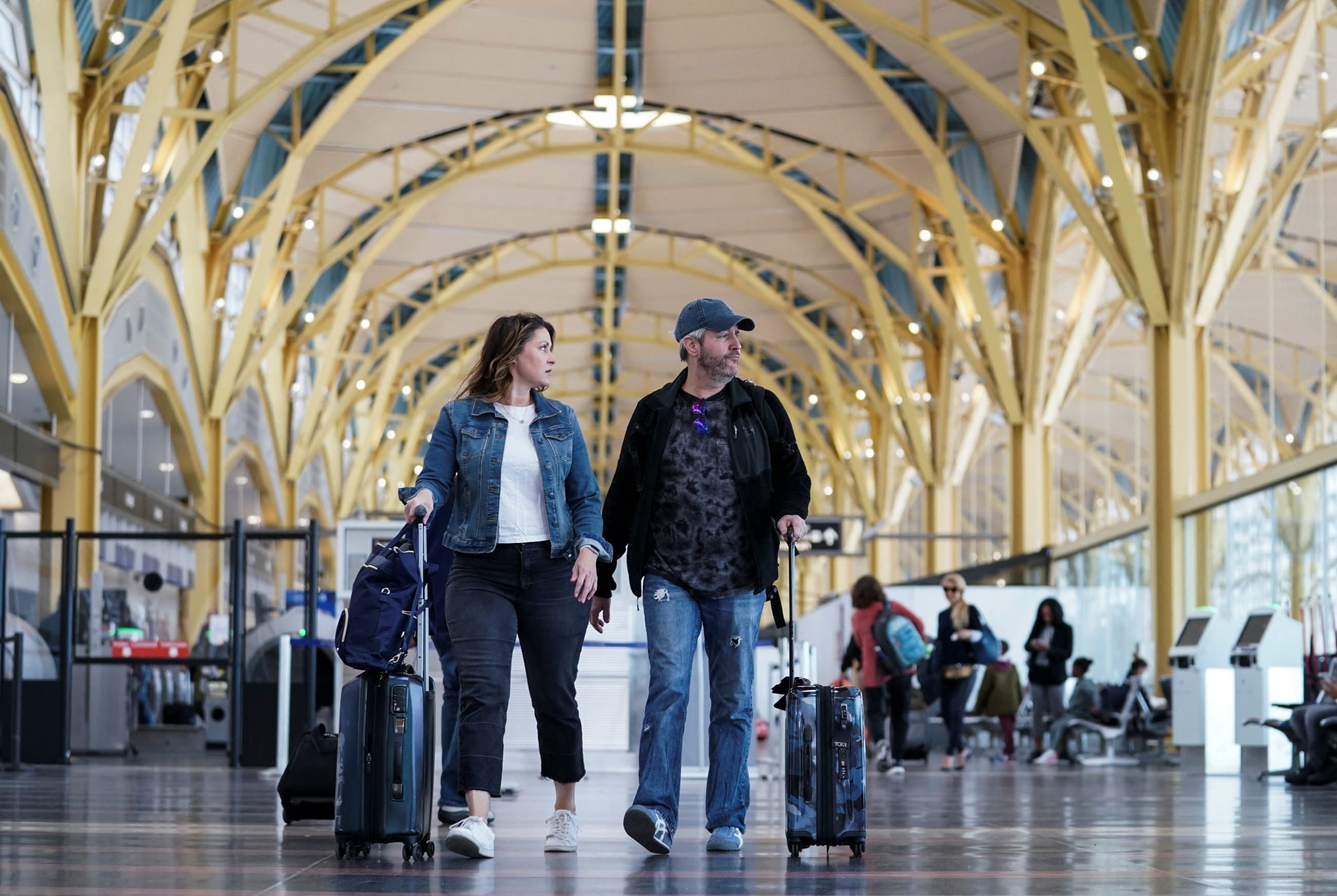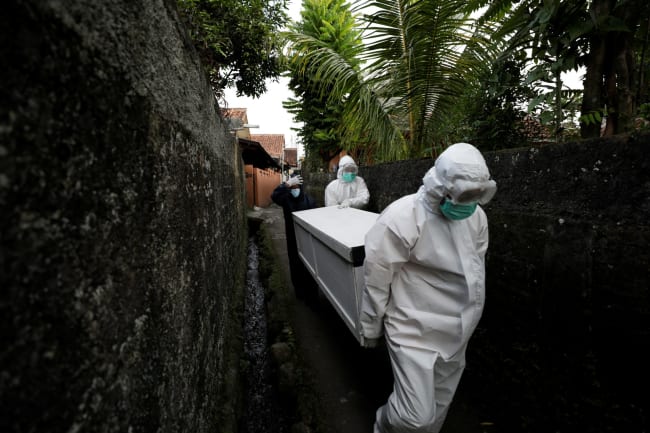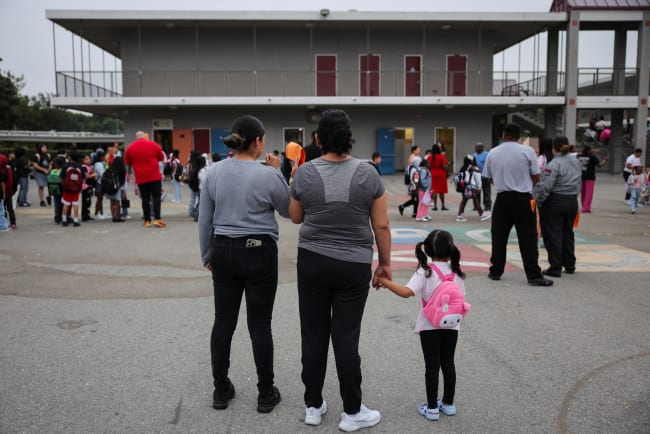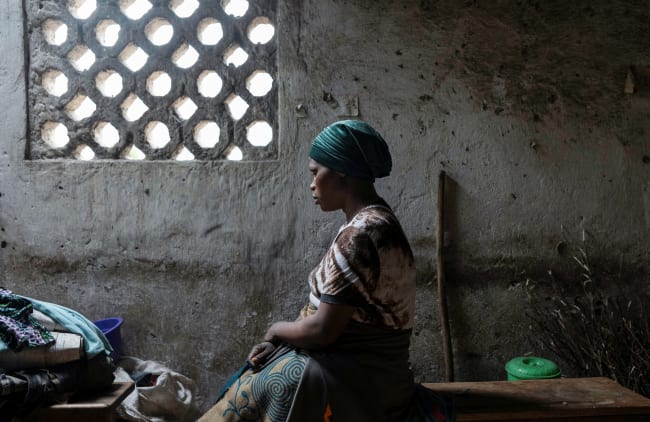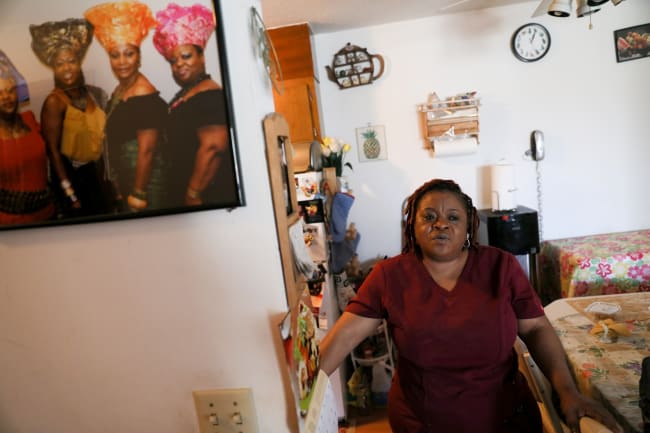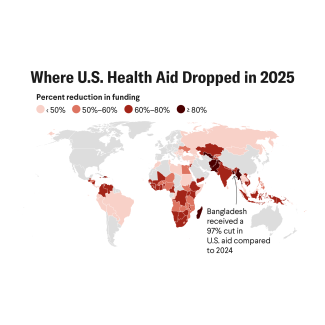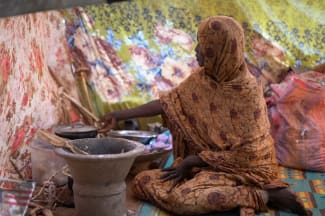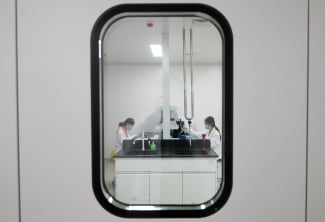From Vietnam to the nations of the European Union, many countries around the world have dropped or modified their COVID-19 entry requirements at their borders. In contrast, the United States extended its COVID vaccination regulations, continuing to require non-U.S. citizens and non-immigrants (including people who are not naturalized citizens, those who are not permanent residents, and people entering the country without an immigrant visa) to show proof that they are fully vaccinated with two doses against COVID-19 before entering the country. Now, newly published research shows that the United States' approach is out of step with science.
Researchers at the Institute for Health Metrics and Evaluation (IHME) reviewed the latest scientific evidence, concluding that a past COVID-19 infection provides as much protection as two doses of the Moderna or Pfizer COVID-19 vaccines. Therefore, when it comes to entering the United States, the government should treat a person who can prove that they have had a documented COVID-19 infection the same as a person who has been fully vaccinated, depending on the timing of their infection.
When a person recovers from COVID-19, the immunity that they gain will greatly reduce their risk of developing severe disease
To understand how well a previous SARS-CoV-2 infection protects against reinfection and prevents a person from becoming infected compared to how well a COVID vaccine protects a person, IHME examined sixty-five studies from nineteen countries. The researchers found that the defense that a previous infection provides against becoming reinfected was comparable to that provided by two doses of the Pfizer and Moderna mRNA vaccines. When a person recovers from COVID-19, the immunity that they gain will greatly reduce their risk of developing severe disease from COVID for at least ten months. This immunity appears to be comparable to or at least as good as the immunity that high-quality vaccines provide. For example, twenty weeks after being infected by COVID, a person is around 90 percent less likely to develop severe disease if they were reinfected with omicron BA.1. In comparison, having two shots of the Pfizer/BioNTech vaccine makes a person about 70 percent less likely to progress to severe disease at the twenty-week mark.
Protection Against Severe Disease for Omicron BA.1 Over Weeks
Even though surviving a previous COVID infection provides immunity that is equivalent to vaccination, gaining protection through vaccination remains the safest option. IHME estimates that around eighteen million people in the world have died from COVID-19 when both reported and unreported deaths are tallied. But the death toll would have been much higher without vaccines. An analysis from researchers at Imperial College estimated that vaccines saved nearly twenty million lives in 185 countries during the first year they were rolled out. In the United States alone, the Commonwealth Fund estimated that COVID vaccines saved the lives of more than three million people over two years.
Beyond the lives saved due to COVID-19 vaccinations, vaccines could also reduce the risk of developing long COVID, likely due to the way in which they prevent severe disease. People who are hospitalized with COVID-19 are roughly five times more likely to develop long COVID compared to people who were not hospitalized, according to a multi-country study published by IHME and its collaborators.
Society has paid a steep price for the immunity gained from people infected by COVID who were not fully vaccinated. People in low- and middle-income countries have suffered the greatest blow. High-income countries hoarding COVID vaccines led to a slow rollout of vaccines in many low- and middle-income countries. Had all low- and middle-income countries been able to vaccinate 40 percent of people by the end of 2021, around 600,000 deaths could have been prevented, according to a study published in The Lancet Infectious Diseases.
As most of the world has some immunity to COVID-19—either through vaccination, previous infection, or both—public health policies need to evolve to reflect this reality, including border COVID-related policies. The U.S. government should treat people who have been infected with COVID-19 the same as those who have been vaccinated with high-quality vaccines. Now that studies show that having had a past infection of SARS-CoV-2 provides as much protection as being fully vaccinated, policymakers should follow the science.
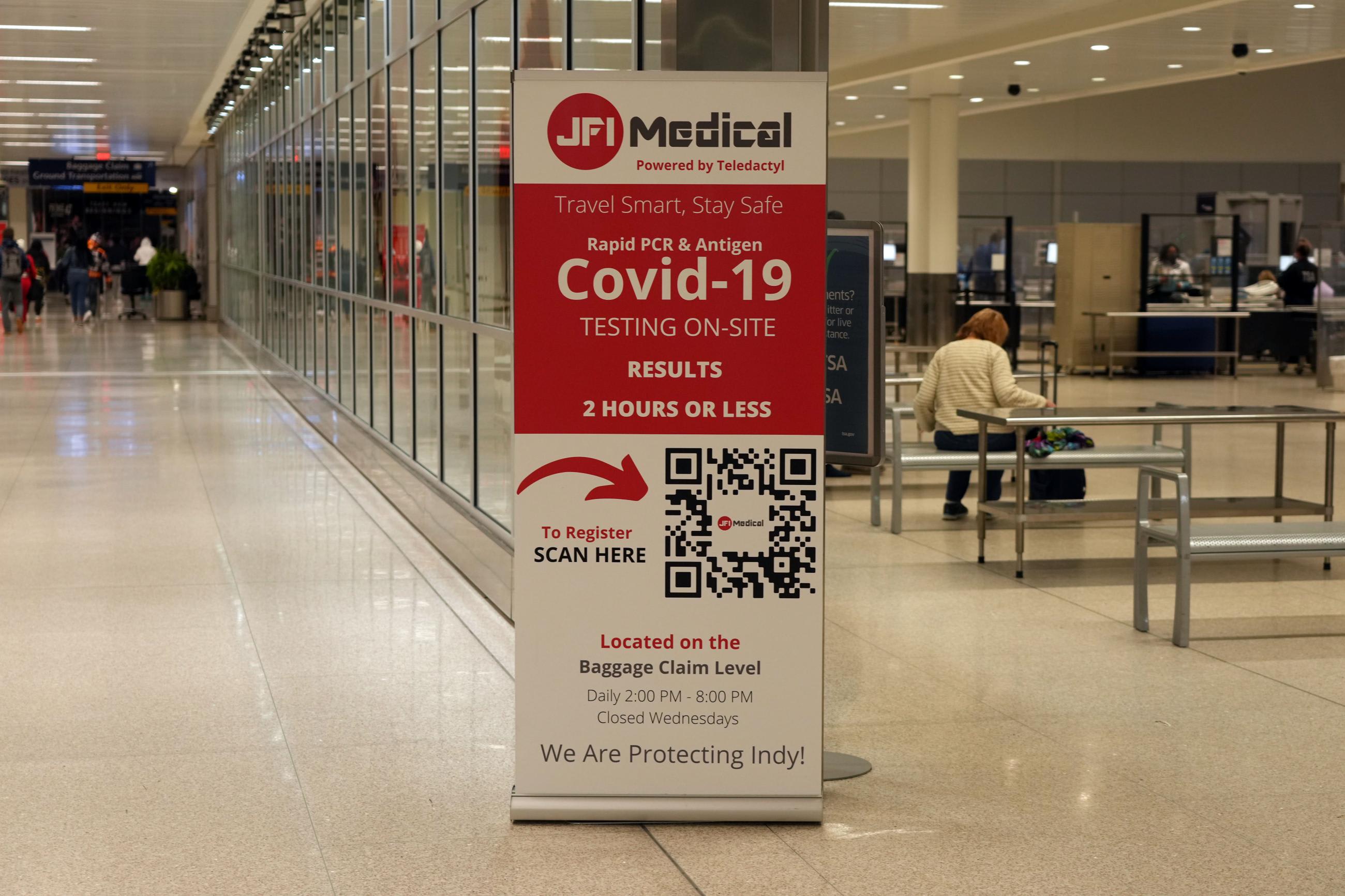
EDITOR'S NOTE: The authors are employed by the University of Washington's Institute for Health Metrics and Evaluation (IHME), which produced the COVID-19 estimates described in this article. IHME collaborates with the Council on Foreign Relations on Think Global Health. All statements and views expressed in this article are solely those of the individual authors and are not necessarily shared by their institution.
ACKNOWLEDGMENTS: The authors would like to thank Rebecca Sirull for fact checking this piece, and Professors Stephen S. Lim and Ali H. Mokdad for providing feedback
